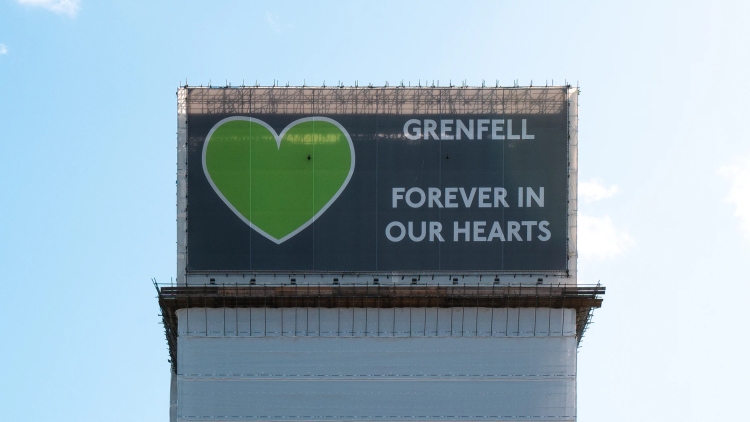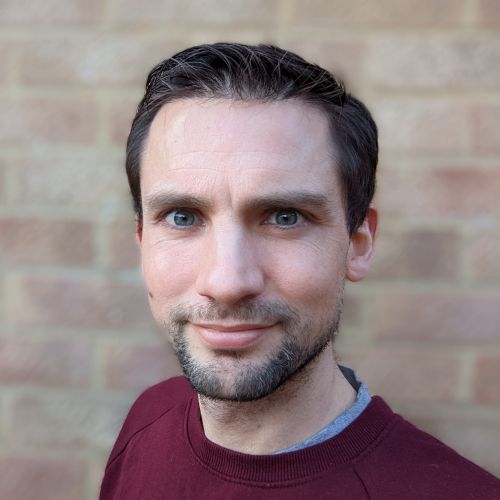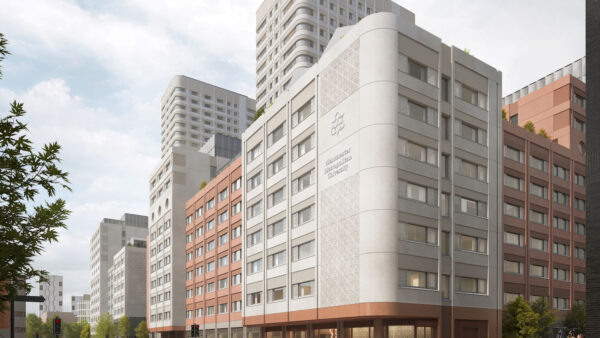
The four-year process of hearing evidence for the Grenfell Tower Inquiry has come to an end this week.
The Inquiry has heard 308 days of evidence over that period, across two phases. That included a delay due to the coronavirus lockdowns.
The Inquiry began in the wake of the Grenfell Tower fire on 14 June 2017, which killed 72 people.
Yesterday (21 July), module 8 of the second phase of the Inquiry concluded. This final module heard outstanding evidence about those who lost their lives in the fire.
Closing statements
At its conclusion, Inquiry chair Sir Martin Moore-Bick explained that overarching closing statements would be heard on 7 November.
He added: “As the hearings come to an end, we enter the next stage of our work, and it may appear to some that the Inquiry is no longer active, but I want to assure you that that is not the case. The task facing the panel now is one of considerable proportions.
“The Inquiry has disclosed to core participants over 300,000 documents, all of which are considered to be of relevance in one way or another to the matters under investigation. It has obtained over 1,500 witness statements and has sat for more than 300 days.”
‘Not a simple task’
He said that the panel would now digest all of that material. Its aim is to identify the causes of the Grenfell fire and the responsibilities of those involved.
He added: “Anyone who has followed the Inquiry’s proceedings will understand that that is not a simple task. Although it is possible to identify some decisions relating to the refurbishment that had an immediate effect, the wider causes of the fire have their roots in the culture of the construction industry and the regulatory regime which applies to building work, among other things.
“Many decisions taken by many different people over the course of many years conspired to create a building which, in June 2017, was vulnerable to a catastrophic fire resulting from the failure of a common type of domestic appliance.”
Timescale of report uncertain
Moore-Bick noted that in the course of the hearings it had emerged that “many mistakes were made”. And he said that organisations “failed in one way or another to meet the standards expected of them”.
But he added: “In order properly to identify and evaluate the underlying causes of the fire, the panel will have to consider the evidence in detail to determine the extent to which such failures contributed to the disaster. When seeking to identify the causes of a major tragedy in which so many people died, it is important that criticism should be directed at those who truly bear substantial responsibility for what occurred.”
Moore-Bick could not say when the Inquiry would produce its report. But he said it would do so “as quickly as possible”.
Comments
Comments are closed.












So ‘the jury is out’, and considering 300,000 documents and 1500 witness statements although (as stated), it is already known that it was a ‘catastrophic fire resulting from the failure of a common type of domestic appliance’.
‘For want of a nail…..etc.’ ?